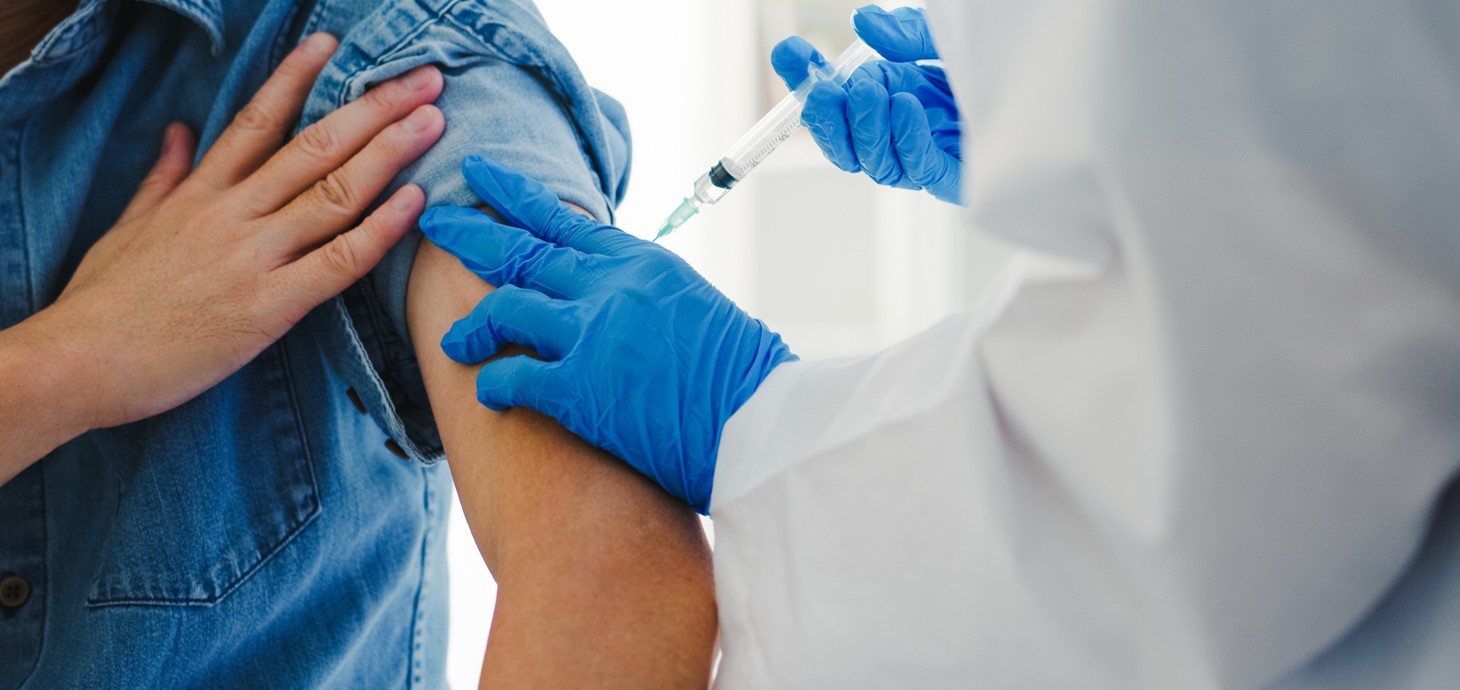
Covid-19 vaccine uptake among children and young people was low across all four nations, compared to other age groups, according to the first research study to look at data from all four UK nations.
It also revealed that uptake further reduced for second and booster vaccinations.
Uptake of Covid-19 vaccination was associated with age and sex of the child and young person, as well as number of people and vaccination status of the household.
The research, led by Professor Rhiannon Owen at Swansea University and Professor Sir Aziz Sheikh at the University of Edinburgh, linked health and administrative data to explore Covid-19 vaccine uptake in over 3.4 million children and young people aged between 5 and 17 in the UK.
The research, published in Nature Communications, was a collaboration between Swansea University, the University of Oxford, Queen's University Belfast, the University of Edinburgh, and Strathclyde University.
The study looked at anonymised data between August 4, 2021, and May 31, 2022. It explored the factors influencing vaccine uptake among children and young people, including sex, age, and household factors, while accounting for delays in vaccine uptake due to infection.
The study used multi-state modelling and meta-analysis techniques to identify key demographic variables influencing vaccine uptake among children and young people on a national scale.
The study showed that across the UK nations 35 per cent of children and young people received the first vaccine, 21 per cent received the second, and 2 per cent received the booster dose. During the study period 13 per cent tested positive for Covid-19 and 133 died of all-causes.
Children and young people aged five to 11 years old were 90 per cent less likely to receive their first Covid-19 vaccine, and 12 to 15-year-olds were 42 per cent less likely compared to 16 to 17-year-olds.
The researchers revealed that children and young people in unvaccinated households were 81 per cent less likely to receive their first Covid-19 vaccine compared to children and young people from households with at least one vaccinated adult.
Males were 7 per cent less likely to receive their first vaccine compared to females, and children and young people residing in single adult households were 11 per cent less likely to receive their first vaccine compared to children living in households with two people.
First author Sarah Aldridge, researcher and data scientist at Population Data Science at Swansea, said: “Our research emphasises the critical role of prioritising Covid vaccination efforts for children and young people. The data highlights the necessity for targeted interventions to address specific risk factors, ensuring widespread protection and mitigating potential impacts on this age group.
“To prepare for possible future pandemics, understanding and addressing vaccination differences among vulnerable populations are critical to effective public health strategies."
